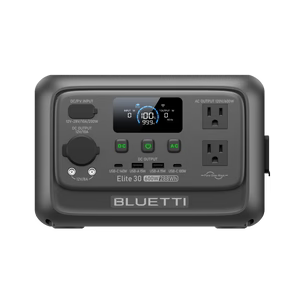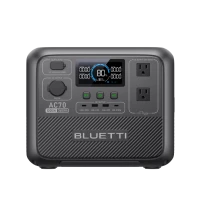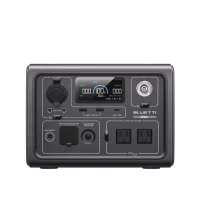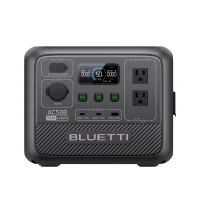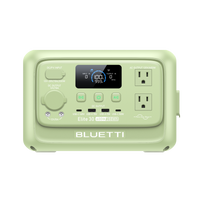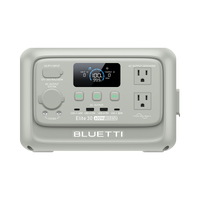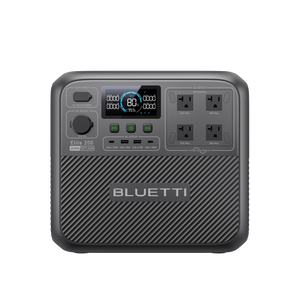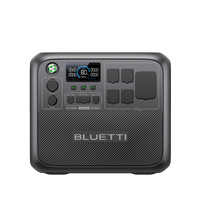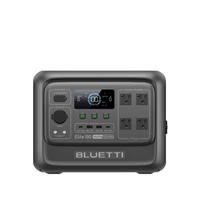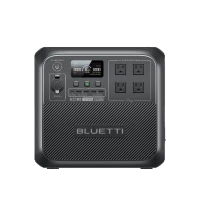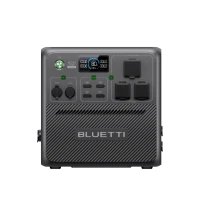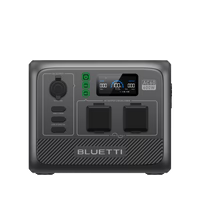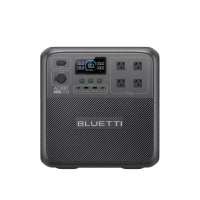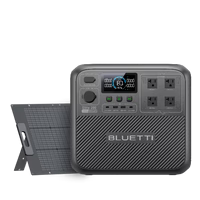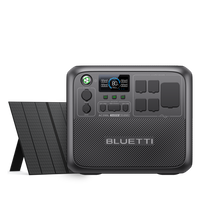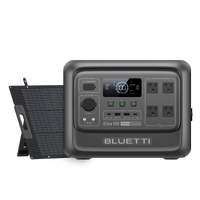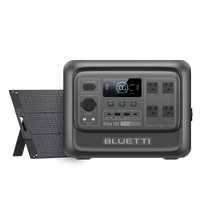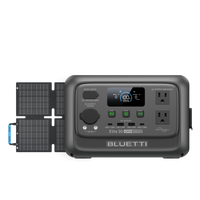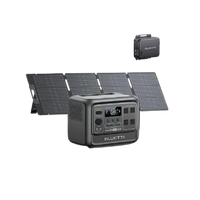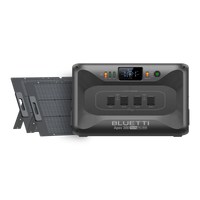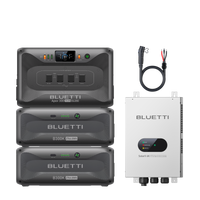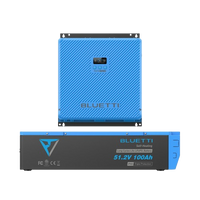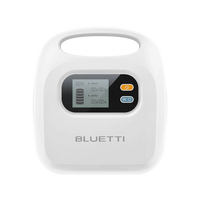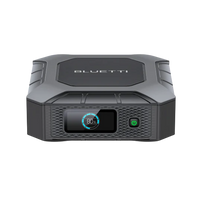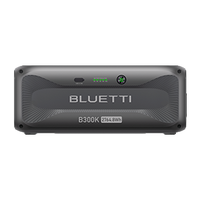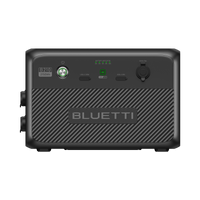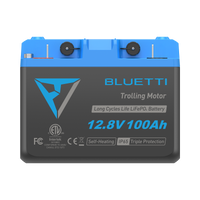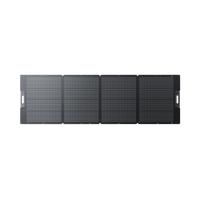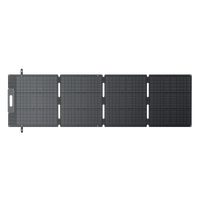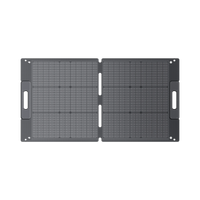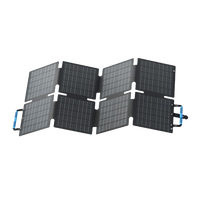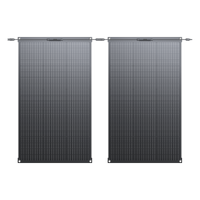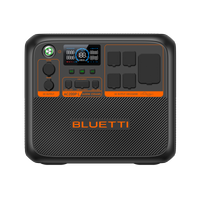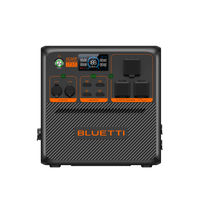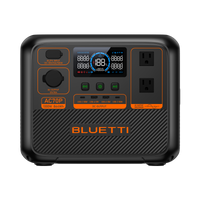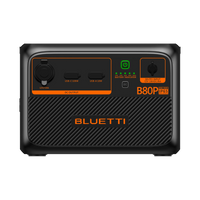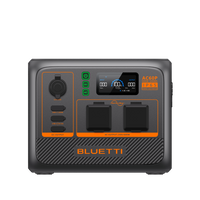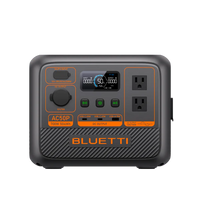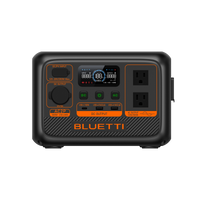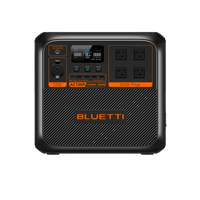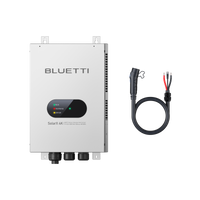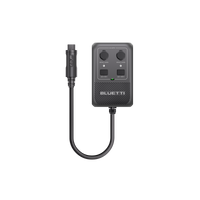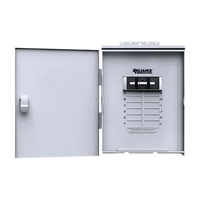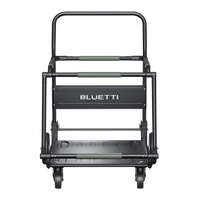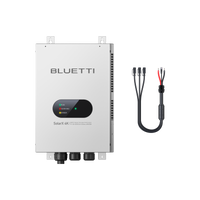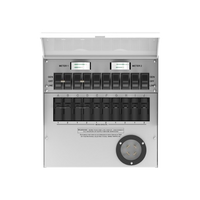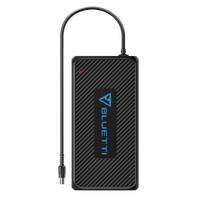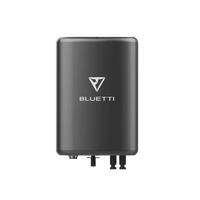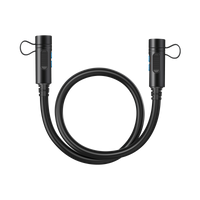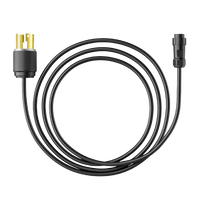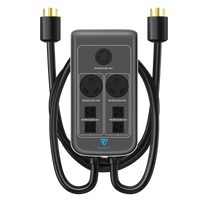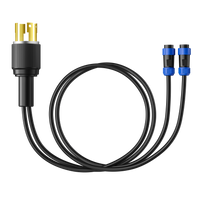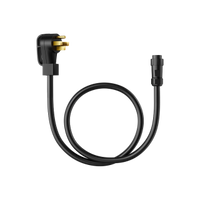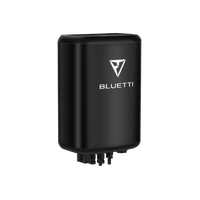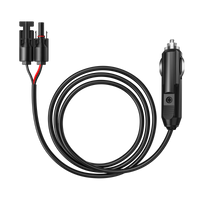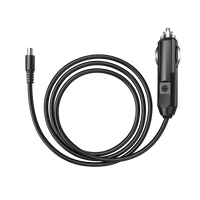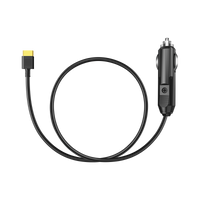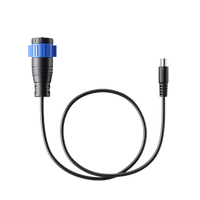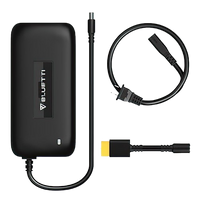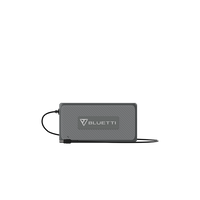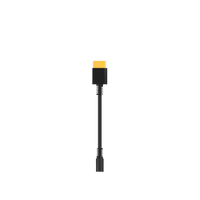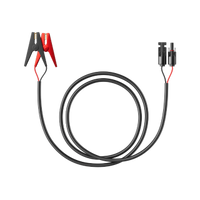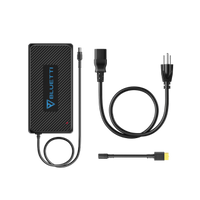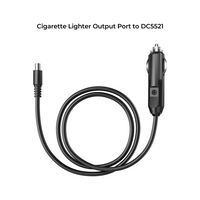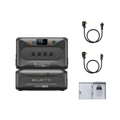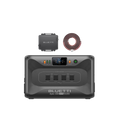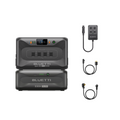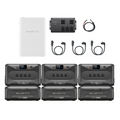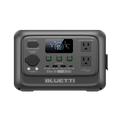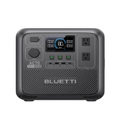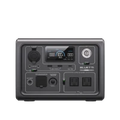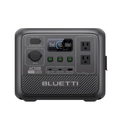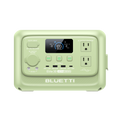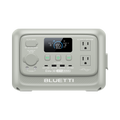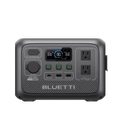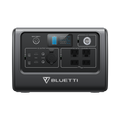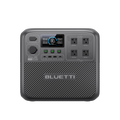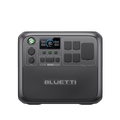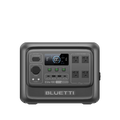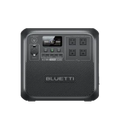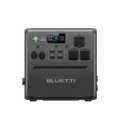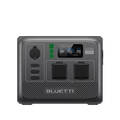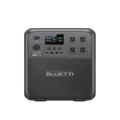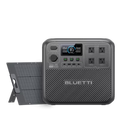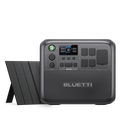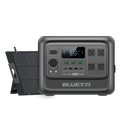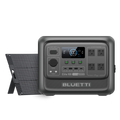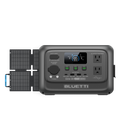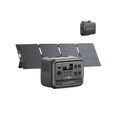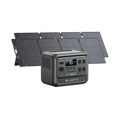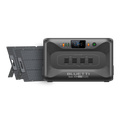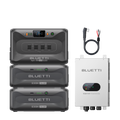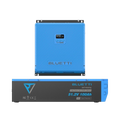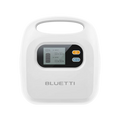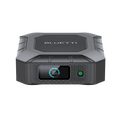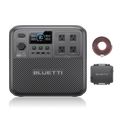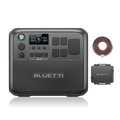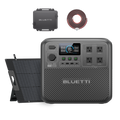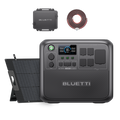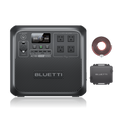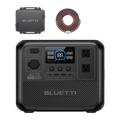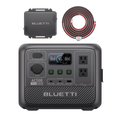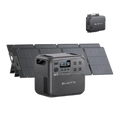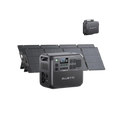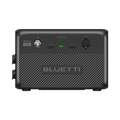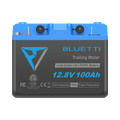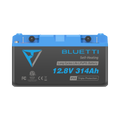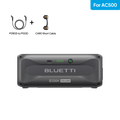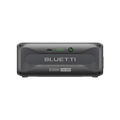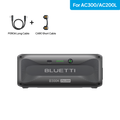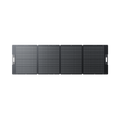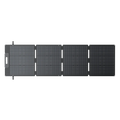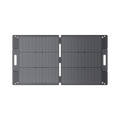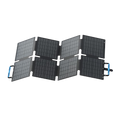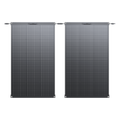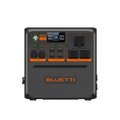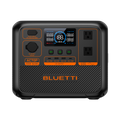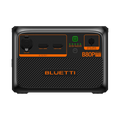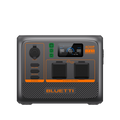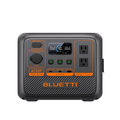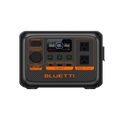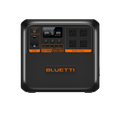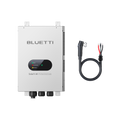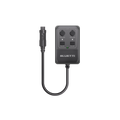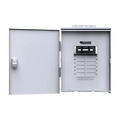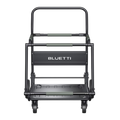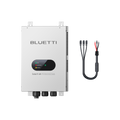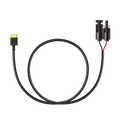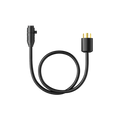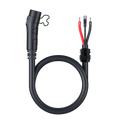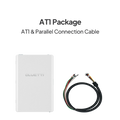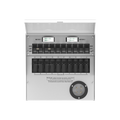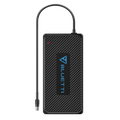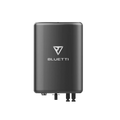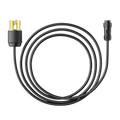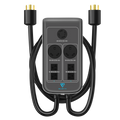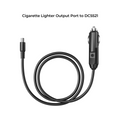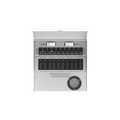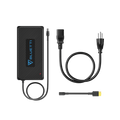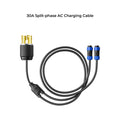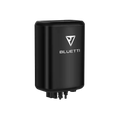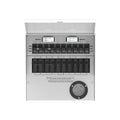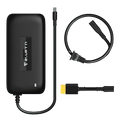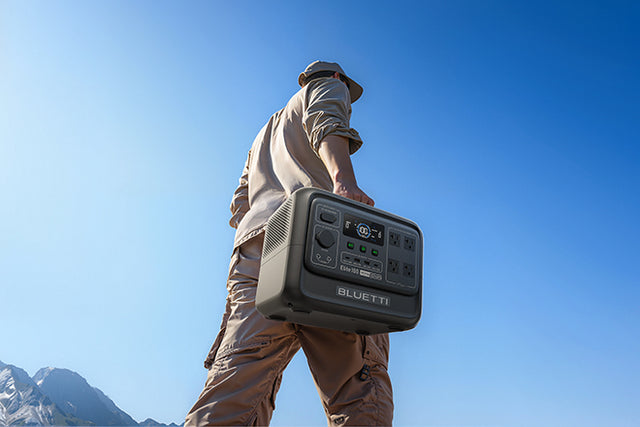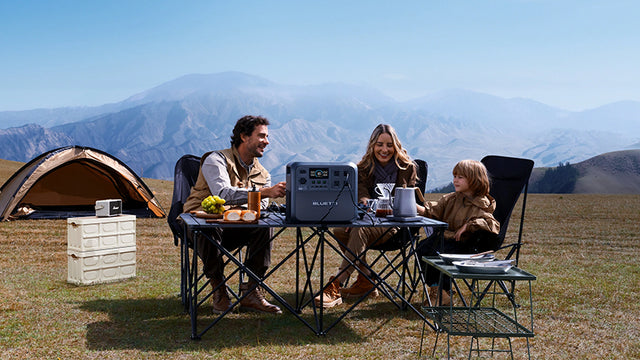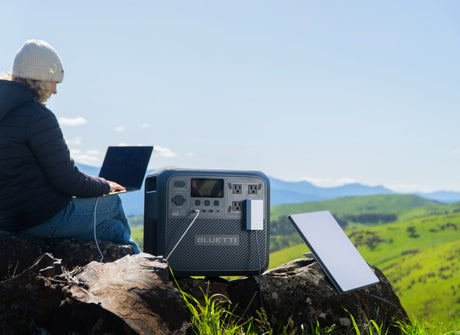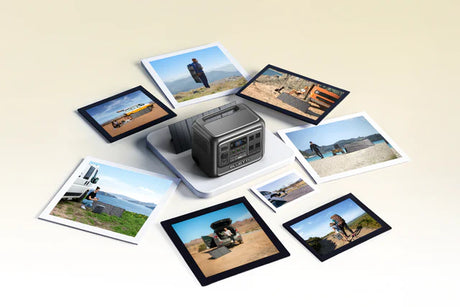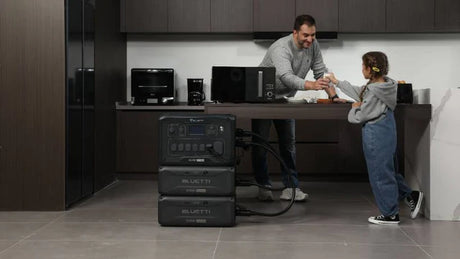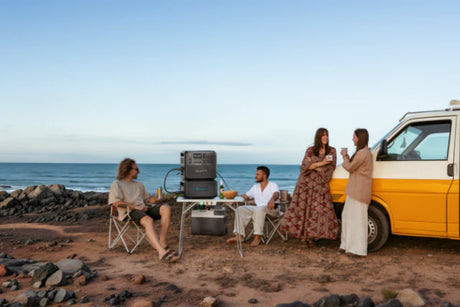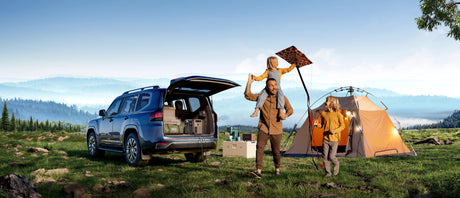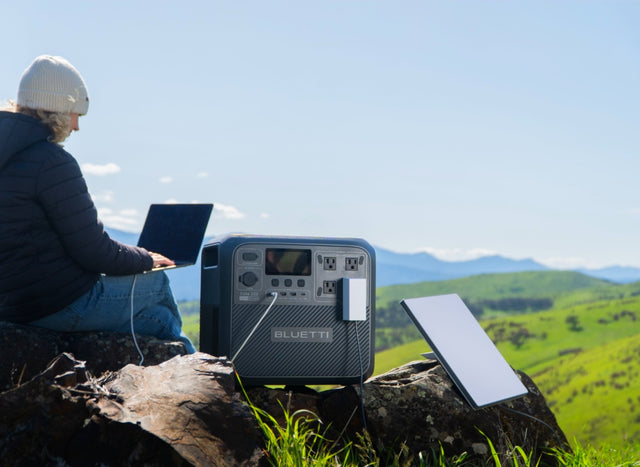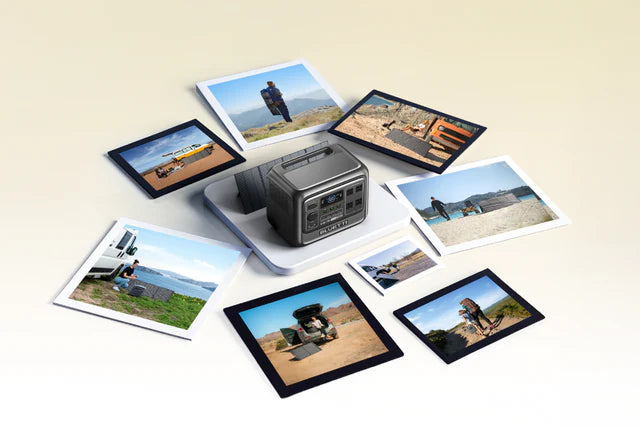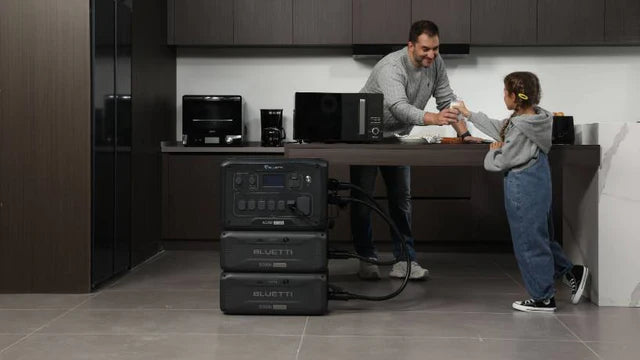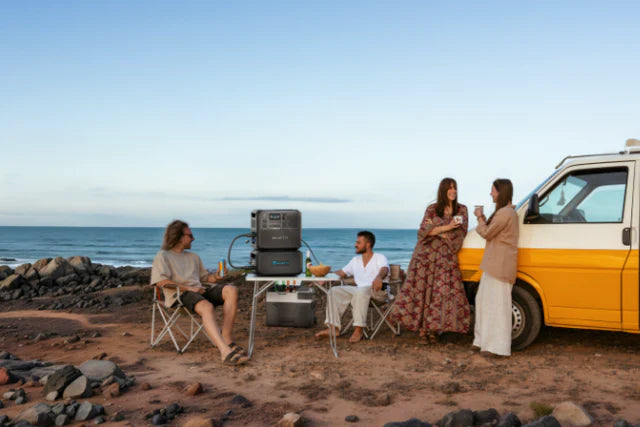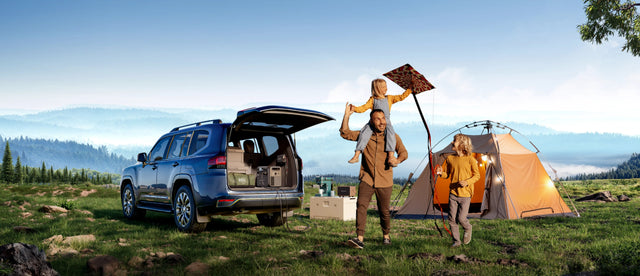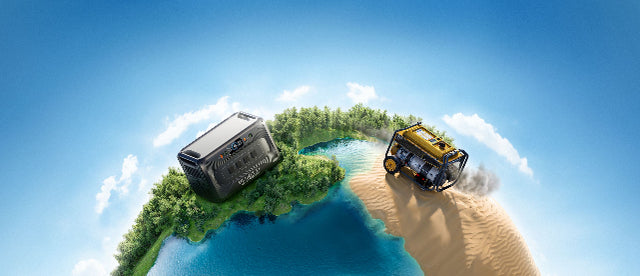Le camping est une activité des plus enrichissantes à partager entre amis ou en famille. On peut s'imprégner de la beauté des paysages et respirer un bon bol d'air frais. Cependant, certaines activités sont plus agréables avec le bon équipement. Ainsi, l'électricité peut être nécessaire pour alimenter un réchaud, recharger ses smartphones ou préparer un café.
Pensez donc à emporter un groupe électrogène portable en camping pour agrémenter votre séjour en plein air. Il répond à tous vos besoins en électricité et rend le camping plus agréable. Il existe différents types de groupes électrogènes portables, de capacités et de tailles variées.
De plus, différents générateurs peuvent alimenter divers appareils. Il est donc important de comprendre les besoins en énergie, les types de générateurs disponibles et comment les dimensionner en fonction de vos besoins. Cela vous permettra de choisir le générateur portable idéal pour le camping en toute connaissance de cause.
Comprendre vos besoins en énergie
Vos besoins en énergie dépendront des appareils électriques que vous utiliserez en camping. Cela peut inclure des appareils de base comme des lampes ou des réchauds, ainsi que des appareils plus énergivores comme des mini-réfrigérateurs et autres gadgets électriques.
La meilleure solution consiste à dresser la liste de vos appareils et à vérifier leurs besoins en ampères (A) et en watts (W). N'oubliez pas de vérifier si ces appareils sont conçus pour supporter une surintensité au démarrage. Certains appareils nécessitent une forte puissance initiale au démarrage avant de fonctionner à une puissance inférieure.
L'étape cruciale suivante consiste à calculer la puissance totale (en watts) des appareils que vous prévoyez d'utiliser simultanément. Cela vous permettra de déterminer la puissance du générateur adaptée à vos besoins en camping. Un générateur de faible puissance suffira pour les smartphones et les lampes, tandis qu'un générateur plus puissant sera nécessaire pour alimenter un micro-ondes ou un réfrigérateur.
De plus, vos besoins en énergie peuvent varier selon votre style de camping. Par exemple, camper sous une tente nécessite moins d'énergie que camper en camping-car.
Comment calculer les besoins en énergie ?
Vous pouvez facilement calculer votre consommation électrique à partir de la liste que vous avez dressée précédemment, grâce à un simple calcul. Chaque appareil possède une intensité (ampères) et une tension (volts) spécifiques. Vous pouvez donc déterminer la puissance requise (en watts) à l'aide de la formule suivante :
Ampères (A) x Volts (V) = Watts (W)
Ensuite, vous devez déterminer la puissance totale requise et la puissance en fonctionnement. Voici comment cela peut se comprendre :
Puissance totale en fonctionnement = Somme des puissances de tous les appareils nécessaires
Puissance totale requise = Puissance nominale totale + Puissance de crête maximale
La puissance totale requise correspond à la puissance maximale nécessaire au bon fonctionnement de vos appareils. De plus, il est important de tenir compte des surtensions et des appareils supplémentaires lors du choix d'un groupe électrogène portable pour le camping. Cela garantira que le groupe électrogène répond aux besoins de base et peut alimenter des appareils imprévus.
Par conséquent, si vous campez avec un camping-car, vous devez tenir compte de l'ampérage de votre générateur. Cette valeur indique la charge électrique maximale qu'il peut supporter. Choisir le bon générateur garantira donc une intégration parfaite au système électrique de votre camping-car.
En général, un camping-car de 30 ampères nécessite un générateur d'au moins 3 600 watts. Cependant, la puissance est bien différente pour un camping-car de 50 ampères. Ces derniers sont équipés d'une prise à quatre broches et de fils de deux volts pour produire davantage d'électricité.
Par conséquent, vous pourriez avoir besoin d'un générateur d'au moins 12 000 watts. Cependant, la plupart des utilisateurs de camping-cars peuvent alimenter leurs appareils avec un générateur d'une puissance comprise entre 6 000 et 8 000 watts.
Voici un tableau utile indiquant la puissance requise pour les appareils standard. Veuillez noter que la puissance réelle peut varier ; vous devez donc effectuer les calculs en conséquence.
| Appareil | Watts (W) |
| Cafetière | 600 à 1800 |
| Micro-ondes | 1000 à 1500 |
| Poêle | 900 à 2500 |
| Télévision de camping-car | 150 à 400 |
| Sèche-cheveux | 1200 à 1900 |
| Ventilateur de refroidissement | 50 |
| Guirlande lumineuse LED | 5 |
| Chargeur de téléphone | 10 à 65 ans |
| Pompe à matelas pneumatique | 50 |
| Appareil de chauffage | 1500 |
| Chargeur d'ordinateur portable | 40 à 150 |
Types de générateurs portables
Il existe principalement deux types de générateurs portables pour le camping, en ce qui concerne le type de carburant. La plupart offrent une capacité similaire, mais diffèrent par leur fonctionnement et leurs performances. En voici quelques exemples :
Générateurs à gaz et diesel
Les générateurs à essence et diesel sont faciles à utiliser et relativement abordables. Ils fonctionnent à l'essence ou au diesel pour produire de l'électricité en continu. De plus, ils sont surtout reconnus pour leur durabilité, leur faible consommation de carburant et leurs performances.
Cependant, elles sont polluantes, bruyantes et dégagent des fumées toxiques. Elles contribuent également à votre empreinte carbone en raison de leurs émissions de gaz à effet de serre. De plus, vous pouvez supporter des coûts de carburant et d'entretien à long terme.
Générateurs solaires
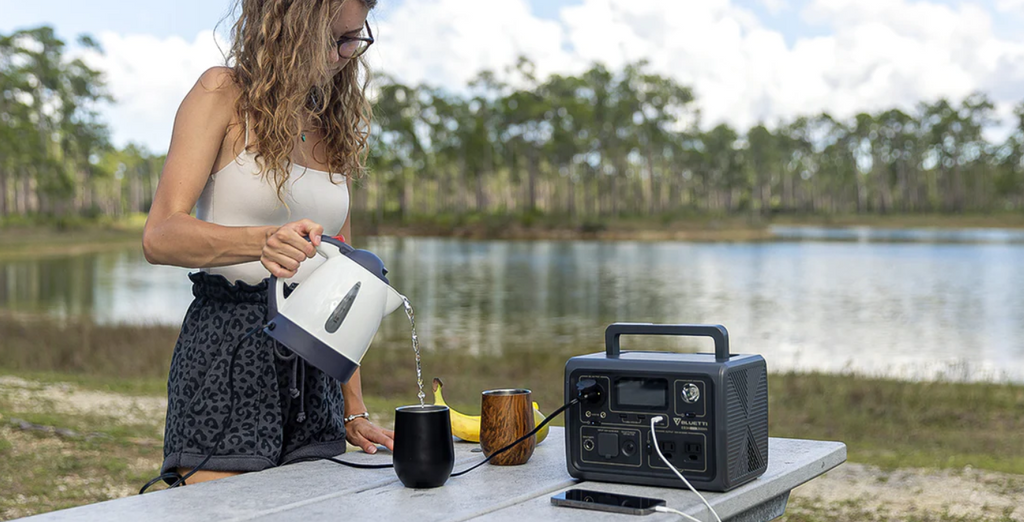
Un peu plus chers, les générateurs solaires convertissent la lumière du soleil en électricité grâce à des panneaux photovoltaïques. Composés de divers éléments, ils offrent une solution écologique et durable. Ils ne produisent aucune émission de gaz à effet de serre et constituent une source d'énergie efficace et durable.
Ils gagnent en popularité car ils contribuent à réduire la dépendance aux énergies fossiles. De plus, leurs coûts d'entretien sont minimes et leur durée de vie peut se chiffrer en années. Vous trouverez également différents générateurs de capacités variées. sizes.Which Quelle taille est la mieux adaptée à vos besoins en camping ?
Une autre façon de choisir le bon groupe électrogène portable pour le camping consiste à déterminer le type de camping et le nombre d'appareils nécessaires. Définir vos besoins en camping vous aidera à affiner votre recherche en fonction de la portabilité et de la taille. Vous pouvez donc suivre les conseils ci-dessous :
Camping léger avec équipements de base
En camping minimaliste, les besoins en énergie sont généralement faibles à moyens. Il vous faut une capacité suffisante pour alimenter des appareils comme des chargeurs de téléphone, des enceintes portables, des lampes LED et les appareils de cuisine essentiels.
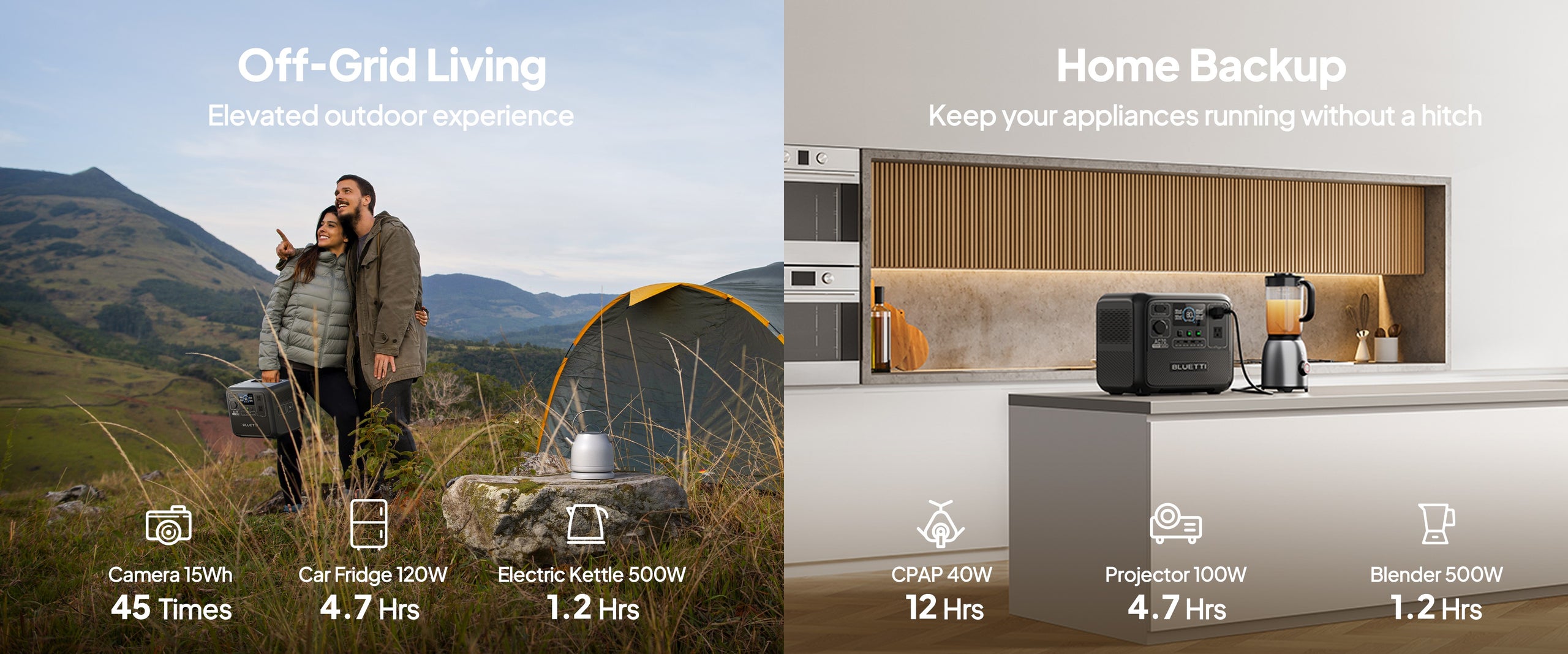
Vous pouvez donc choisir un générateur portable pour le camping d'une puissance comprise entre 1000 et 2000 W. Station d'alimentation portable BLUETTI AC70 Cette alimentation est une option intéressante avec une puissance nominale de 1000 W, mais peut supporter jusqu'à 2000 W. Vous pouvez ainsi alimenter des appareils énergivores comme les couvertures chauffantes, les bouilloires et les sèche-cheveux.
De plus, sa batterie offre une excellente autonomie avec plus de 3 000 cycles de charge et la charge rapide. Vous pouvez la recharger à 80 % en 45 minutes. Elle peut être rechargée de différentes manières et dispose de plusieurs prises pour alimenter plusieurs appareils.
De plus, vous pouvez le recharger complètement en 2 heures grâce à une alimentation solaire de 500 W. L'AC70 est un appareil intelligent que vous pouvez contrôler et surveiller via une application pour smartphone.Il est doté de fonctionnalités intelligentes qui arrêtent automatiquement la charge pour éviter toute surcharge. C'est donc une solution d'alimentation compacte et portable, idéale pour les personnes en déplacement.
Station d'alimentation portable BLUETTI AC60
La compatibilité solaire permet une recharge écologique lors du camping hors réseau.
Randonnée ou trekking
En général, un groupe électrogène de grande capacité n'est pas nécessaire pour la randonnée occasionnelle, sauf en cas d'appels importants. Vous pouvez également l'envisager si vous prévoyez une activité de plein air d'une demi-journée.
Par conséquent, il est conseillé d'opter pour des générateurs compacts et légers d'une faible puissance (inférieure à 1 000 W). Ils seront utiles pour alimenter uniquement les appareils essentiels pendant vos périodes de repos. Vous pouvez donc envisager… Station d'alimentation portable BLUETTI EB3A avec une puissance nominale de 600 W.

Il s'agit d'un onduleur à onde sinusoïdale pure capable de supporter des surtensions jusqu'à 1 200 W. L'EB3A est un excellent choix pour ceux qui recherchent une solution d'alimentation compacte. Il dispose de neuf prises permettant d'alimenter plusieurs appareils et est rechargeable de six manières différentes, y compris par énergie solaire.
Associée à des panneaux solaires portables, elle vous permettra de camper plusieurs jours d'affilée. L'EB3A offre une durée de vie de plus de 2 500 cycles et une capacité impressionnante de 268 Wh.
BLUETTI AC70 centrale électrique portable
Station d'alimentation portable compacte, idéale pour le camping, facile à ranger et à transporter.

Événements en plein air
Un groupe électrogène portable n'est pas toujours indispensable en camping. Il peut aussi servir à alimenter de petits événements en extérieur, comme des anniversaires ou des réunions entre amis. Ces événements nécessitent divers appareils, allant des systèmes d'éclairage et de sonorisation aux petits appareils électroménagers.
Par conséquent, vous avez besoin d'un générateur de puissance moyenne à élevée, supérieure à 1000 W. Vous pouvez donc envisager… Station d'énergie solaire portable BLUETTI AC180Il peut supporter jusqu'à 2700 W, ce qui en fait une option polyvalente pour diverses configurations.
L'AC180 dispose de neuf prises pour alimenter plusieurs appareils et est rechargeable de quatre manières, notamment grâce à l'énergie solaire et aux batteries de voiture.Vous pouvez le contrôler et le surveiller grâce à une application pour smartphone, conçue spécifiquement pour une utilisation en intérieur comme en extérieur.
De plus, c'est une alternative propre et silencieuse aux générateurs bruyants traditionnels, qui ne gâche en rien le plaisir des événements en plein air. Par ailleurs, vous pouvez l'associer à des batteries supplémentaires pour augmenter sa capacité et le recharger complètement avec une puissance solaire maximale de 500 W.
Station d'alimentation portable BLUETTI AC180
La batterie longue durée permet de multiples cycles de charge pour les excursions prolongées en plein air.
Camping en camping-car avec appareils essentiels
Un camping-car augmente considérablement les besoins en énergie de divers appareils comme les réfrigérateurs, les climatiseurs et les micro-ondes. Il vous faut donc un générateur portable d'une puissance élevée de 3 000 W ou plus.
Vous devez déterminer la puissance nécessaire pour votre camping et choisir le générateur. Ces générateurs doivent supporter la forte demande au démarrage et fournir une alimentation électrique stable pendant de longues périodes.
Articles connexes : Comment alimenter votre séjour en camping grâce à des panneaux solaires portables
Quelle puissance de centrale électrique me faut-il pour le camping ?
Camping-car en hiver : ce que vous devez savoir avant de partir
Station d'alimentation portable BLUETTI AC200L
Sa puissance élevée de 2400 W garantit une alimentation fiable pour tout votre équipement de camping.
Réflexions finales
En résumé, plusieurs facteurs sont à prendre en compte pour choisir le générateur portable idéal pour le camping. Il vous faut identifier vos besoins en énergie, le nombre d'appareils essentiels et le type de camping. De plus, la capacité et le type de carburant sont également des critères importants pour faire le bon choix. Ainsi, vous pouvez opter pour différents générateurs portables BLUETTI, tels que les modèles AC70, EB3A et AC180. Ils conviennent à une utilisation allant d'une consommation minimale à une consommation intensive et sont parfaitement adaptés à vos besoins.






